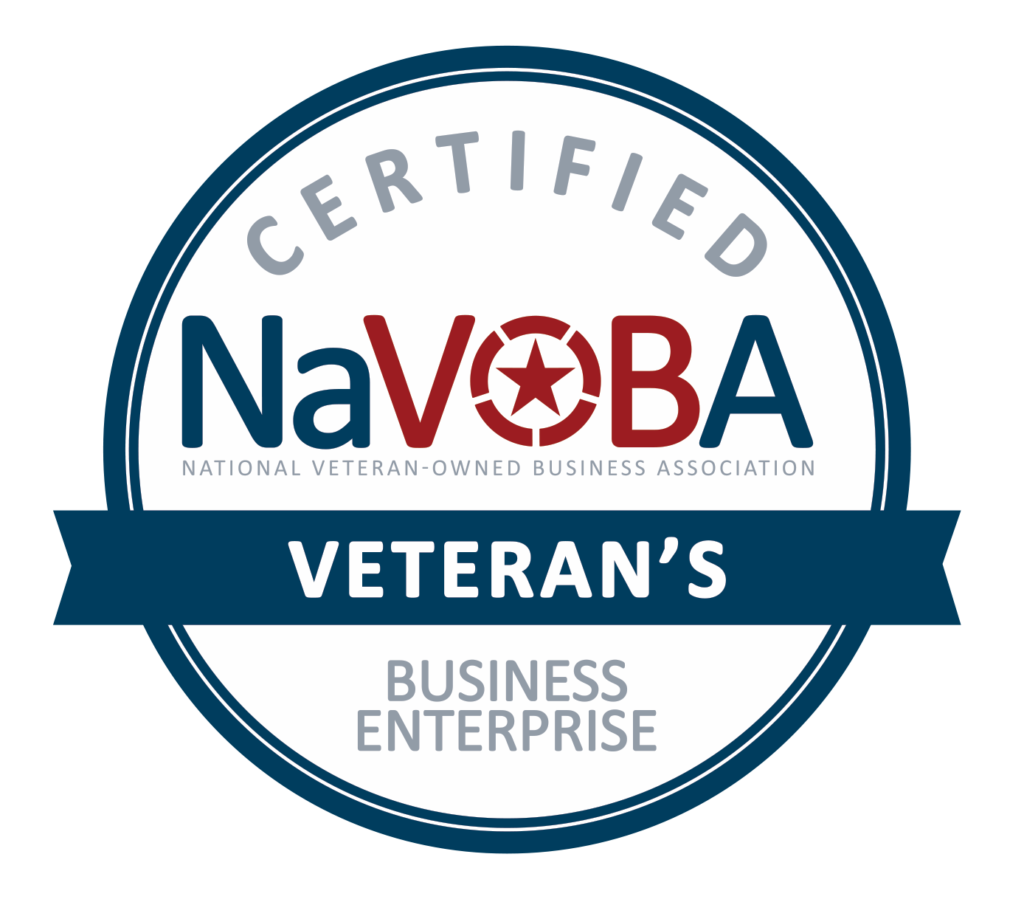If you are like me, chances are you have a few mental demons lurking in your brain. They are infamous for getting you to act in ways that are inconsistent with what logic would tell you to do. They are skilled little beasts – I have determined it’s because they specialize. For example, there is the “Have-Another-Oreo Demon”. And, the “Let-That-Call-Go-To-Voicemail Demon”. Then, there’s the “Pretend-You-Didn’t-See-That-Red-Light Demon” (a close acquaintance of mine). These are examples of the demons that we know are working us over.
But, there is another troupe of demons lurking who are even trickier – they are the ones that we aren’t always aware of. These demons conduct their handiwork on us every day and hamper us as we build relationships and influence others around us. Their sneaky existence requires us to become more self-aware.
In Part 1 of this series we focused on the psychology of influence and how we could use this psychology to gain cooperation from those we work with. Specifically, we learned that individuals behave in ways that are pre-programmed into their thinking and that these programs can be leveraged. We discussed that the ability to successfully influence others can mean the difference between our success and failure.
In this segment, we continue this discussion by looking at mind-sets we may be bringing to the table that we are not aware of – those invisible demons mentioned earlier. In particular, we will discuss five demons that hamper our ability to influence others as we resolve conflicts and negotiations. And, we will discuss new behaviors that will exorcise those demons!
The “It’s-All-About-You” Demon
Think of a recent situation where you had to negotiate or resolve a conflict you had with someone. Have you ever noticed that you feel an immediate, tangible need to explain and validate your point of view? In fact, the desire to explain our position can be so great that we insist on talking first. It seems logical to assume that by explaining ourselves immediately we save both sides time. “If the other side just understands my perspective,” we think to ourselves, “certainly the other side will come to exactly the same conclusion that I have.” The problem with this logic is that you are more likely to come across aggressive, and you may find that the person you are trying to resolve a conflict with may feel even more compelled to entrench himself in his position on the matter. The solution here is to focus on giving others space to explain their point of view. By allowing others to talk first you are (1) actively demonstrating respect for their perception even if you may not agree, and (2) learning more information about what the other side needs.
The “Their-Needs-Don’t-Matter” Demon
Often times, conflicts are centered on positions. We have ours; they have theirs. Positions are built based upon a person’s underlying needs. For example, your IT resource manager may hold a position that Joe, one of her resources, should remain on your project team though you have expressed concern over Joe’s abilities. You will be able to do nothing with the position that the resource manager takes, but by learning about her underlying need, it is more likely that you will resolve the conflict. In this case, perhaps her underlying need is to give Joe an opportunity to learn. She sees her staff dwindling, and she needs to bring Joe up to speed as quickly as possible. By learning of her underlying need, you will keep her from entrenching in a position. You will be able to look for solutions that will help both of you.
The “They-Must-Lose” Demon
Do you approach conflict as a competition? If so, you aren’t alone. Most people see negotiation as an opportunity for someone to get the better of someone else. Perhaps we all have used-car salesmen to blame, but most people do not see conflict resolution as an experience that is positive for all involved. In resolving conflicts our sincere goal must be to apply our best effort to helping the other guy find a win too. If you don’t do this, the person on the other side of the negotiating table will almost certainly be focused on your losing. When you focus on his win, he will be more inclined to focus on your win too.
The “Fear” Demon
Fear is your worst enemy in conflict resolution. Your fear can be related to a number of things; fear that you won’t get things your way, fear that you will look weak, fear of loss, fear that you will be wrong. You may even be afraid of the truth. In conflict resolution, become aware of what fears you may be bringing to the table. The reason this is important is because fear in individuals often spurs other negative behavior – anger being chief among them. Strong fears will most likely manifest this way at the negotiating table, and this will not help you get what you need.
The “Listening-Is-Optional” Demon
The last and probably the most significant challenge is that of not listening. It’s common knowledge that active listening is a critical skill, but most people don’t demonstrate that they are committed to it. The fact is that in amiable situations people are poor listeners! Add the element of conflict into the mix and we become even poorer listeners. Listening means you have an understanding of the other person’s point of view and why he holds that point of view! Perhaps the best way of forcing yourself to become a better listener is to introduce questions into your conversations. “Let me make sure I heard you correctly. Did you say…?” “Is it true that your biggest concern in granting an extra resource to this project is over-allocation?” “How do you think we could find a solution to this problem?” Questions create an environment that demonstrates you respect their thoughts and opinions while ensuring that you are paying attention.
Upcoming in Part 3
Next issue, we will complete this series by discussing specifically how to approach conflict resolution with clients, team members, and vendors. Stay tuned!
How can we help you?
Contact us at the PMLG office nearest to you or submit a business inquiry online.
The best, most significant training I’ve ever had! Awesome experience.
Ray Montague
Wyeth


